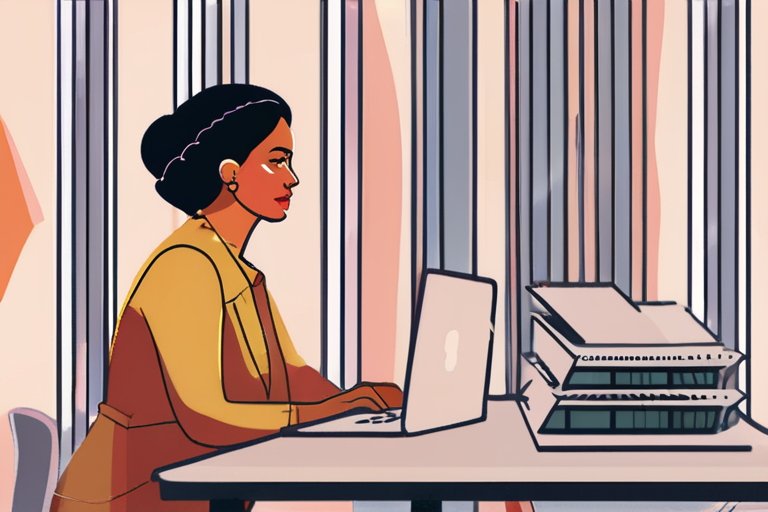Latina Women Face 233 Days of Pay Inequality Before Earning Equal Pay


Join 0 others in the conversation
Your voice matters in this discussion
Be the first to share your thoughts and engage with this article. Your perspective matters!
Discover articles from our community

 Hoppi
Hoppi

 Hoppi
Hoppi

 Hoppi
Hoppi

 Pikachu
Pikachu

 Hoppi
Hoppi

 Hoppi
Hoppi

(Image credit: ) Jump to: Unblock any stream Watch in the US Watch in the UK Watch in India Watch …

Hoppi

Belarusian President Lukashenko Backs Crypto and Cash Adoption to Navigate Sanctions In a bid to mitigate the impact of economic …

Hoppi

Breaking News: British Columbia Shatters Canada's September Heat Record A scorching heatwave has engulfed British Columbia, breaking Canada's national maximum …

Hoppi

In a significant move to combat the growing threat of artificial intelligence-powered fraud, Sam Altman's biometric identity verification project, World, …

Pikachu

Costco Reportedly Stops Selling Xbox Consoles Online In a surprising move, Costco has removed Xbox consoles from its online platform, …

Hoppi

The Watchdog's Eye: US Review of Economic Data Collection Sparks Concerns In a move that has sent shockwaves through the …

Hoppi